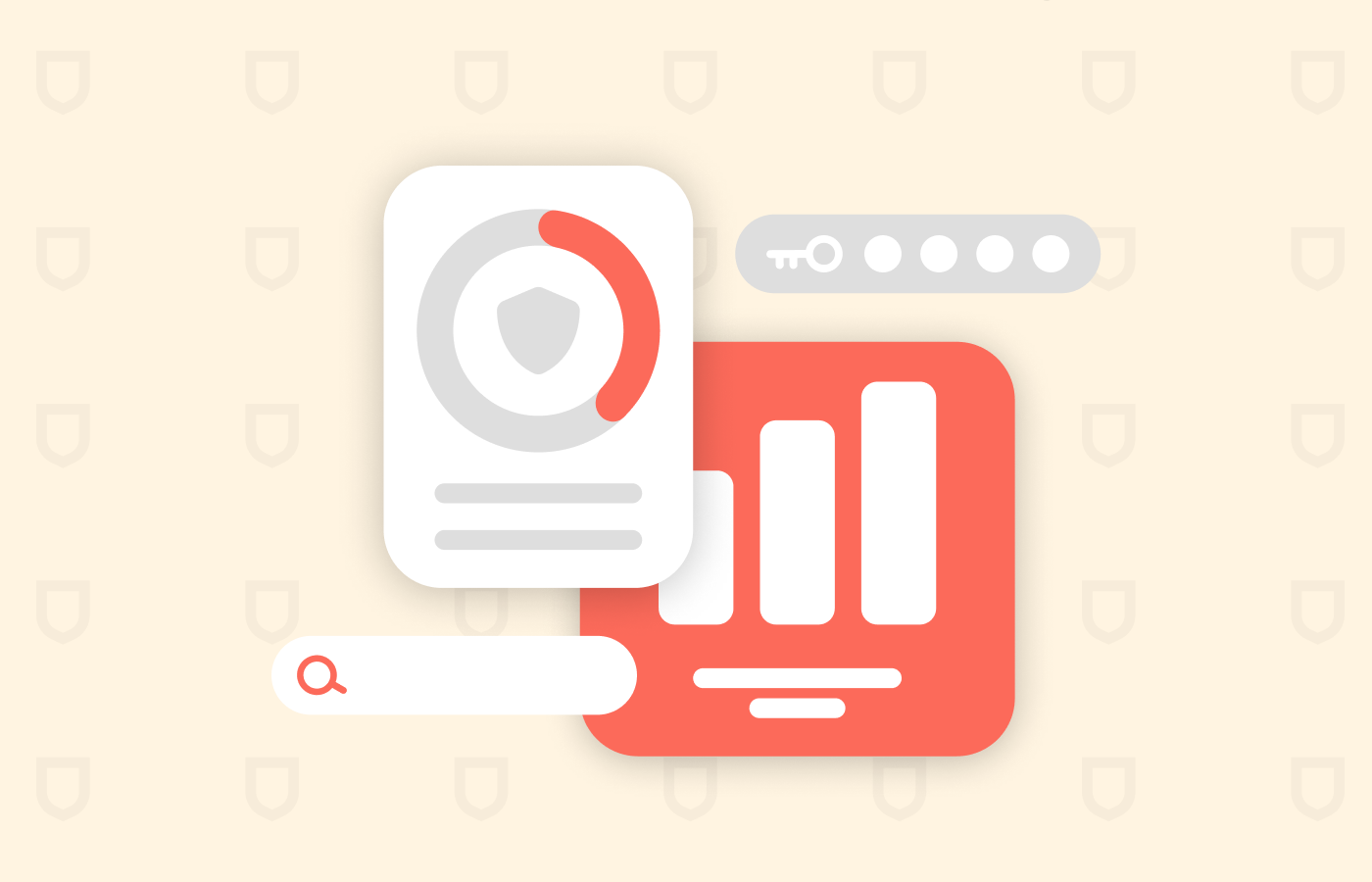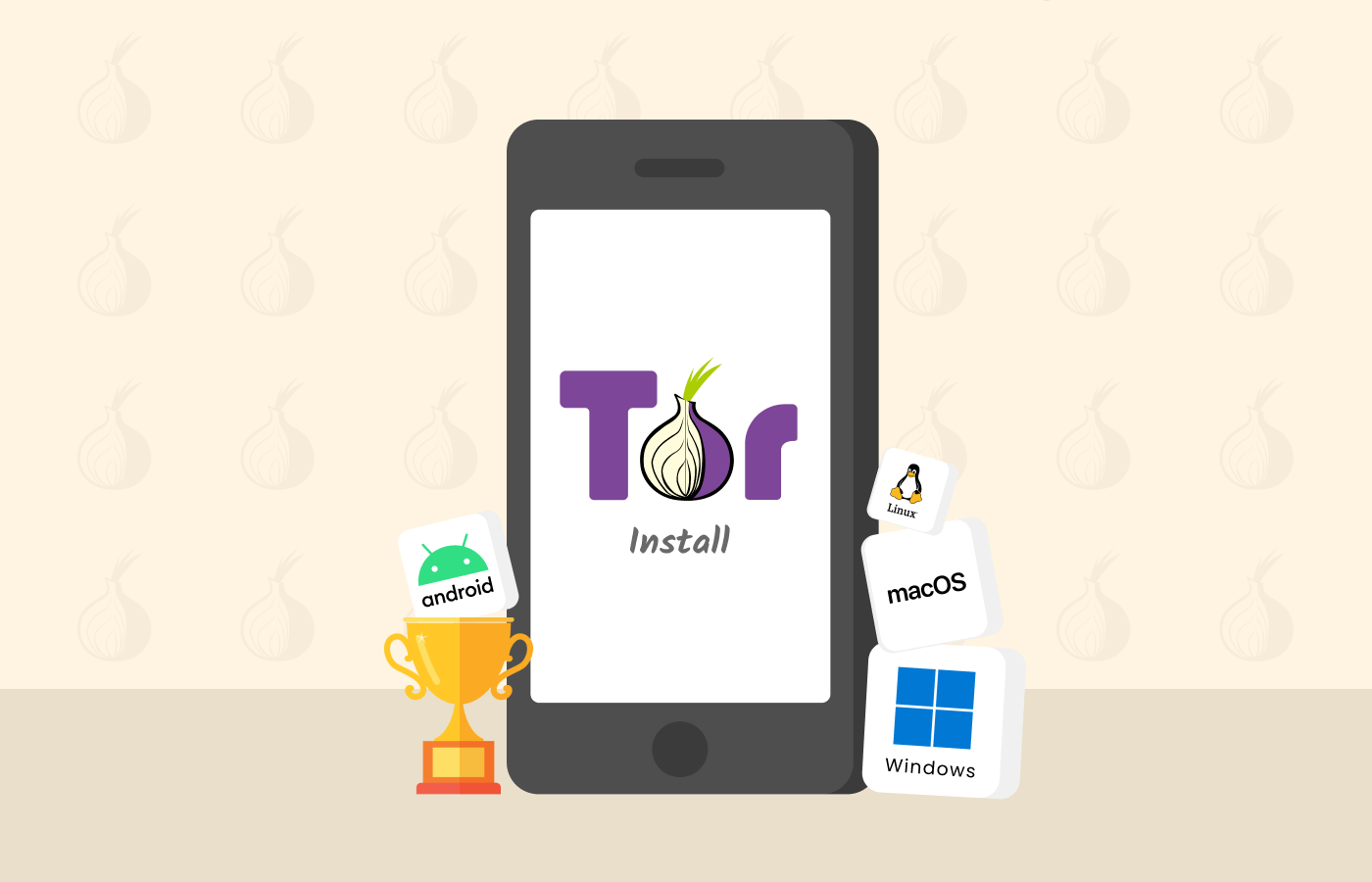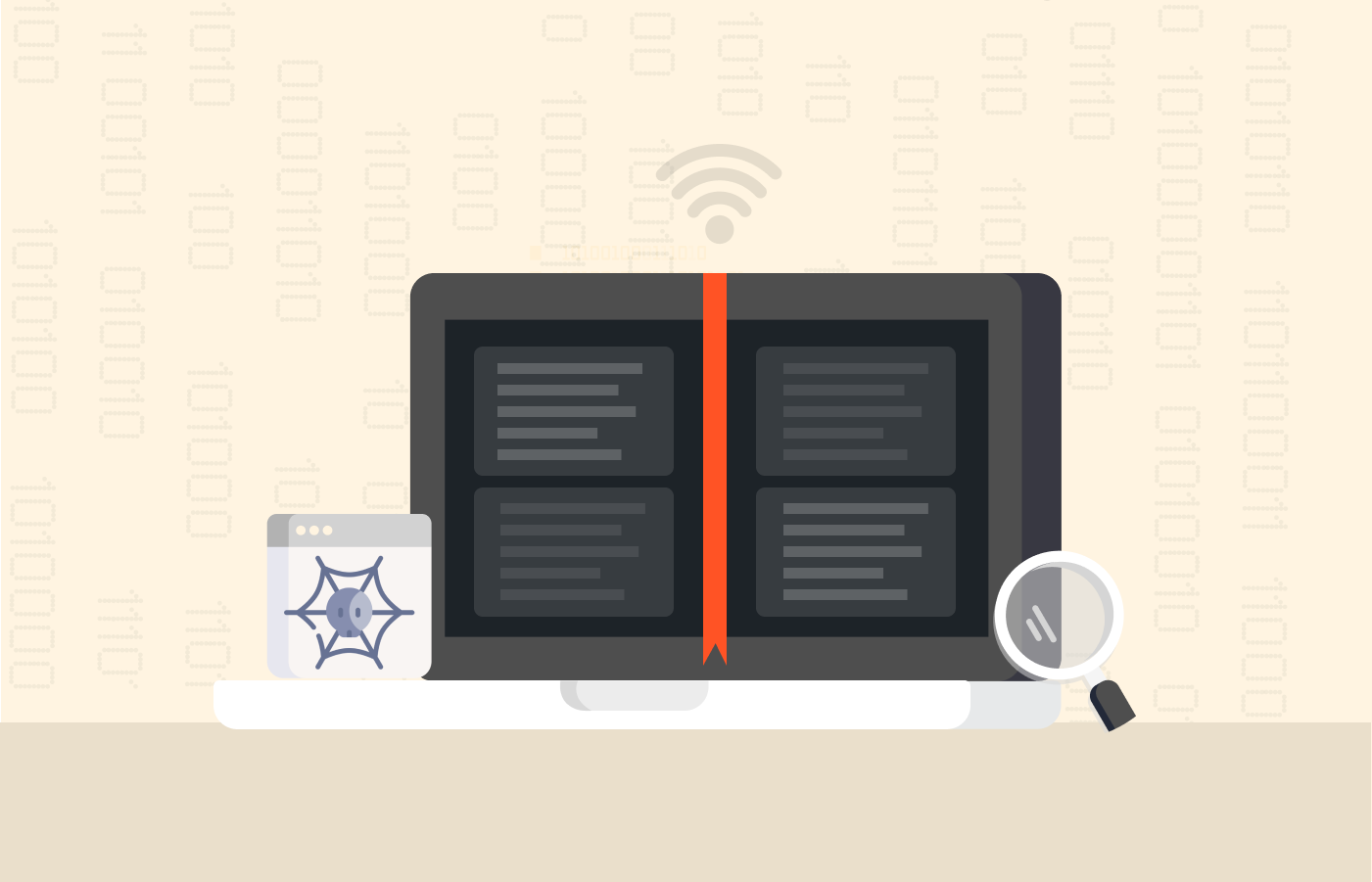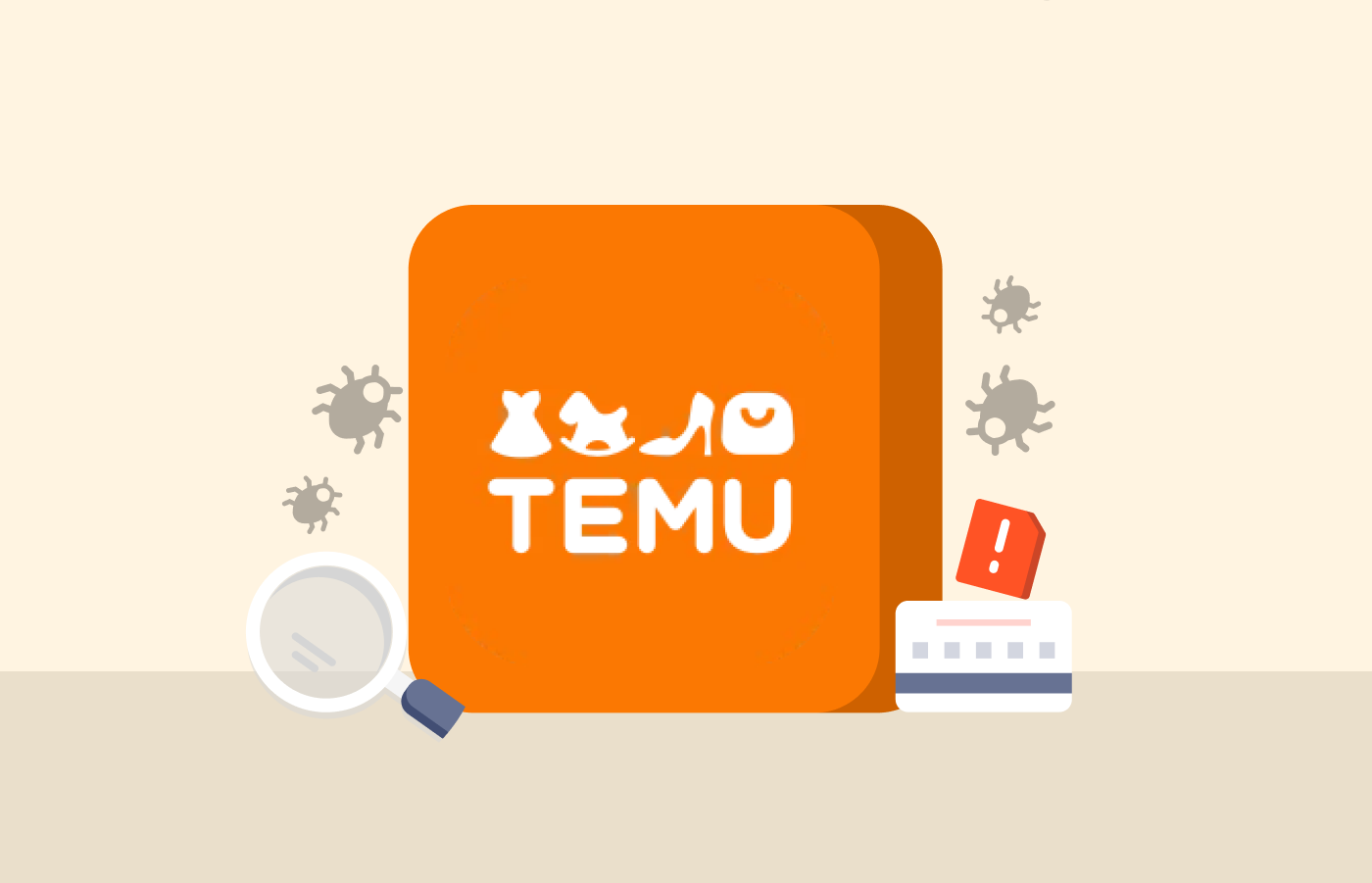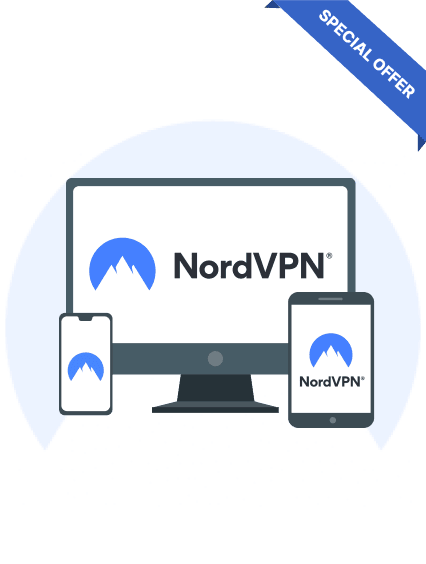The growing rate of cyber-attacks and surveillance seriously threatens the users’ internet privacy and security. Many websites use cookies, digital fingerprints, and beacons to collect visitors’ valuable data through web browsers.
Web tracking aims to enhance the browsing experience via personalized ads and searches. However, some sites do this for monetary benefits, selling your online data to third parties and cybercriminals.
Yet, some effective methods exist today that help you bluff internet tracking. This guide explains more about internet tracking and possible ways to avoid it.
Simple tips to avoid being tracked online
Internet tracking has many challenges, and users must find effective ways to protect their online activities. Here is how you can avoid and get away with online tracking:
- Delete cookies and caches
- Block image tracking
- Use third-party anti-tracking browser extensions
- Employ a private web browser
- Use a VPN provider
What is web tracking?
As mentioned, various organizations deploy web-tracking tools to target website users’ activities. Internet tracking entails multiple aspects, including mobile, server, network, etc.
However, some organizations and criminals deploy tools specifically meant to track your activities through your web browser. That act is known as website tracking. They monitor the user behavior, see what you see, and record your keystrokes, searches, passwords, etc.
Website tracking is an effective tool digital advertising companies use to project their campaigns. There are lots of marketing firms that carry out website surveillance for their advertising and analytics needs. Did you know that an estimated 79% of websites worldwide use website tracking tools to gather information from internet users?
Have you ever wondered why a search engine would give you search results that match your geographical location? That is because search engines know where you are. Have you ever wondered why eCommerce stores like Amazon, eBay, and Alibaba would give you product suggestions that interest you?
They can do that because they know what you bought before. Also, they have a history of your web searches and your interests. Without website tracking systems, the scenarios above would not be possible.
How does web tracking work?
Website tracking uses three primary methods: Beacons, fingerprints, and cookies. However, the website identifies users through their Internet protocol address (IP), Loin credentials, or unique identifiers.
Websites and services use any of the following to identify you, collate your data, and relay it back to the tracking server.
1. Tracking cookies
Tracking cookies are lightweight applications and are deployed by first or third-party trackers.
They help the website you visit to identify you, which can be very intrusive, especially third-party cookies. Some websites deploy cookies to customize your settings and make your stay on the site more pleasurable.
While others stalk you endlessly and spy on you, cookies can enable the tracker to gain access to your digital activities for an infinite number of years. There are two types of cookies: persistent cookies and session cookies. Session cookies usually die when you leave the website, while persistent cookies stalk you for many years, irrespective of your visited sites.
2. Fingerprinting
Website trackers use the specification and configuration of your browser to identify you. Browser fingerprinting does not store any file on your computer or browser, and it’s a more complex form of digital identification. Some of the information that can be used to identify you through fingerprinting include:
- Your system operating system
- Browser type and version
- Time zone, IP address
- Language
- Screen resolution and so much more
It combines this information to give you a unique identification.
3. Canvas fingerprinting
HTML5 comes with a canvas feature. Initially designed to draw animations and visuals on a website, it is now designated as a robust fingerprinting tool.
Websites create unique user identifiers through canvas fingerprinting by analyzing how your browser responds to graphical elements. When accessing a website with canvas fingerprinting, your browser creates a hidden image. Because of hardware, graphics card, and settings variations, your browser displays the image distinctively from other website users, providing your unique digital footprint. Canvas fingerprinting is highly accurate, especially if combined with other tracking information.
Since the HTLM5 canvas element has many valid uses, restricting it completely is not an effective anti-tracking approach. Also, unlike cookies, which you can erase or block, canvas fingerprinting does not need you to add anything to your browser. As a result, it is one of the most difficult tracking strategies to evade.
4. IP address tracking
An IP address is a sequence of numbers that identify your device online. All internet-enabled devices, including servers that power your sites and services, contain unique IP addresses. Furthermore, an IP address is essential to the internet’s structure since it ensures online traffic gets conveyed to its intended destination.
Most network administrators employ IP monitoring software to track devices linked to their networks – your company or school likely uses such a system. Moreover, user-tier IP address trackers are available for consumers who wish to search for their IP addresses automatically at any time.
Because your IP address reveals your actual location, websites employ IP tracking to know where their visitors originate. Also, they can use IP addresses to observe the user behavior patterns and establish if the same person makes repeated visits. These discoveries are used to predict your preferences, although cookies are better for this.
Web beacons are another tracking tool companies use to check the IP addresses of individuals who open their emails. This enables them to assess the effectiveness of their email marketing strategies.
Remember that IP tracking only works if your IP address is exposed. Thankfully, a VPN or proxy can safeguard you from tracking IP addresses.
5. Tracking beacons
Beacons are deployed in the form of tiny images, which are usually 1 pixel by 1 pixel. They appear in your emails and browser to get information about you.
A web beacon determines the number of ad impressions, how many websites you visit, the time you spend online, and so on.
Spammers also use it to track your email and know the contents. For example, they attach spam emails with beacons, and once you open such mail, the spammer will know that the email address is active and how many times you have opened the email. This information would enable the spammers to send you further spam mail to trap you.
How to avoid being tracked on the internet
You should find effective ways to protect your online activities because internet tracking is widespread today. There are lots of tools that are being deployed to track online users.
Unfortunately, some tools are invisible scripts that are almost impossible to detect. Some are stubborn and intrusive cookies that can run on your system for many years. In addition, there are fingerprinting tracking, tracking beacons, and others.
So, while achieving 100% immunity against online tracking is difficult, you can still reduce it to a greater extent with a few best practices.
1. Delete cookies and cached data
Cookies are the prime means of user tracking today. Whenever you visit a website, these cookies get stored on your device with or without your consent. Similarly, cached data facilitates user tracking, besides assisting with the fast loading of web pages. So, to prevent online tracking, the first step is to delete cookies and cached data from your devices’ web browsers.
2. Block image tracking
Image tracking is another option through which service providers trace users. These aggressive images often appear in promotional and marketing emails. But sometimes, websites also display such images embedding tracking scripts. Using a powerful anti-tracking add-on (discussed below) can disable such scripts. Whereas users can adjust their email settings to display images only after your permission.
3. Use third-party anti-tracking browser extensions
One of the ways to protect their privacy is through the use of browser plug-in extensions. They help keep tracking activities at bay but are not very useful because they would only work against third-party tracking tools.
For example, as you know, Google is a giant advertising firm, and one of the significant ways it collates data is through tracking. Therefore, a Google tracking blocker extension such as Ghostery would not work against the Google tracker. Likewise, deploying Mozilla add-ons would also work against third-party trackers but would not work against Firefox trackers.
So, in one way, you may be blocking third-party trackers, but Mozilla and Google would still steal swats of data from you for commercial purposes. But, of course, this applies to other commercial browsers as well.
4. Use a private web browser
While web browsers like Google Chrome are notorious for user tracking despite all privacy implementations, some service providers still care about your privacy. Hence, they have developed secure or private web browsers like Brave, Vivaldi, and Tor to let you enjoy internet freedom without fearing being tracked. All you need is to ditch the current web browser for one of these for daily browsing. You’ll eventually notice those sneaky trackers missing out on tracing you anymore.
5. Use a VPN
Using a VPN is one of the most effective methods to prevent any organization or individual from stealing your private information online.
VPN is an acronym for Virtual Private Network. It encrypts your internet connection and creates multiple physical networks for your sessions.
VPNs are designed to be robust and prevent even your ISP (Internet service providers) from spying on you. A VPN masks your IP address, which makes your online actions untraceable.
Once you are signed up for a quality VPN service and have your VPN on, you can securely shop, use your email application, log into your accounts, pay bills, and do endless activities privately.
People think marketing companies, Government agencies, and cybercriminals are the only ones responsible for online tracking. You should know that your ISP sees everything you do on the internet. Without a VPN, your ISP can monitor your browsing history.
Often, ISPs are affiliated with other agencies. As such, they can share your information with the government, marketing companies, and other fraudulent organizations or individuals.
A virtual private network can help you in the following ways:
- Protect your browsing history: Online trackers can keep tabs on your browsing history for years. Without a VPN, hackers may steal your searches, medical information, IP, device information, card details, documents, etc. They can use this information for targeted ads, identity theft, hacking, and other malicious acts.
- Your Location: A VPN would help change the IP country online, which is crucial for security. Your IP doesn’t give up your location only but can allow anyone to access your activities on the internet. A VPN connects you to the internet while masking your IP or asinine a different IP address. A hidden IP would ensure web anonymity and prevent tracking tools from gaining access.
- Browsing activities: You never know if you may be a candidate for the government or other agencies tracking surveillance schemes; therefore, you should opt for a VPN. A VPN can help you maintain internet freedom and have peace of mind.
- Your Devices: VPNs protect you against online tracking and secure your entire device. Remember, many intrusive and malicious programs and applications exist on the internet. You can never tell when a Trojan, spyware, or other malware will gain access to your device. A VPN protects your mobile device, desktop, laptop, and tablet from malicious attacks.
Is website tracking illegal?
Website tracking is illegal, but some countries and jurisdictions have unfairly legalized some programs enabling the government to track you.
Some websites would ask for permission before getting your information.
But most of the websites don’t do that.
Sometimes, even those you grant permission to once may continue tracking you without your consent.
Website tracking seriously lacks transparency because most sites go beyond their boundaries and would, in most cases, refuse to disclose the exact information taken from users.
What data can websites collect?
The kind of information collected by websites through tracking depends on the target of the tracking organization. But in most cases, they would collect every possible data from users. They contain sensitive and private information from you, such as:
- Email addresses
- User log-in details
- Search preferences
- The URL’s you visit
- Your duration on various websites
- Your location
- Your internet protocol address
- Your location
- Your device type and configurations
- Scripts, applications, and plug-ins that are running on your device
- Credit card information and so much more
Despite the rampant spread of online tracking, not all websites collect information of the users. Also, information gathering is not limited to PCs; smartphones, tablets, and other internet-connected devices are big targets, too.
First-party vs. third-party tracking
There are two types of tracking, dubbed first and third-party tracking. First-party tracking is intrusive, but you should be warier about third-party tracking.
First-party tracking can be carried out through cookies when you visit a website.
Some of them would ask for your permission, while others would not. But some first-party tracking is not bad. They manage your session, keep a tab of your selection and cart, store your password and user name, and so on. That ensures you don’t have to log in again whenever your network runs out.
They usually die after you log out from a website and activate when a user revisits the site. However, miscreants can also use first-party tracking to steal sensitive information from you.
Third-party tracking could be hazardous and harmful. It finds dubious means to access your system and track your online activities in the background. Moreover, they are challenging to detect and track your activities irrespective of the website you visit. One of the primary tools used by third-party trackers is Zombie cookies.
These cookies mask their identity and keep tracking your movements for years once they enter your system. They are very resilient and would resurface even if you delete them. The use of third-party tracking tools is significantly higher than first-party tracking. The University of Oxford estimates that News agency websites use 40 third-party tracking cookies on every page.
Why do sites track users on the web?
Almost every service provider, website, and app you access tracks your online activity. Furthermore, data brokers make your data accessible to many companies you are not associated with.
Your data is highly valuable in today’s digital era since companies want to learn as much as possible about you. The information lets them design their programs according to your preferences and enables advertisers to target you with promotional messages that you are more likely to engage with. Some sites, such as Google, even allow you to download the data they have on you.
Occasionally, you may not be able to control whether a company can access a particular type of your personal data, such as your location. However, if you are not using dedicated anti-tracking tools, it is hard to be certain whether or not you are protected online.
E-commerce
E-commerce sites use online tracking to sell more products. Any activity on an e-commerce website is recorded, measured, and analyzed to increase sales and enhance the site.
These websites study your behaviors, interests, and shopping habits. They then use the data to make you a customer or retain you.
Most e-commerce websites use third-party programs known as ‘Customer data platforms’ to manage customer data and use the collected information to target users with adverts, create email campaigns, and drive sales. A whole industry of customer data platform programs generates income from assisting e-commerce sites in converting customer perceptions into sales.
Moreover, these sites may use your data to change the version of their platform. For instance, a consumer using an expensive device with an IP address from a high-end location may view a more premium choice of products than other shoppers. In particular, airline websites have been accused of using tracking data to gouge prices, though these claims are highly debated.
Advertising
Most companies claim to use tracking cookies to enhance your website experience. However, third parties mainly use them to show targeted ads matching your preferences.
Using your information, the ad provider shows you the most likely appealing ads as ‘targeted,’ ‘personalized,’ or ‘relevant.’
This is why you may regularly see ads directly related to videos you stream on YouTube or recent web searches. Advertisers hope you will click on ads that match your interests so they may earn.
The growing popularity of ad blockers and privacy-friendly browsers dilutes the effectiveness of third-party cookies for advertisers. However, other techniques, like browser fingerprinting, fill the void.
Web analytics
Web analytics is the practice of tracking and analyzing website visitors. The online tracking on e-commerce sites discussed above is a good example. However, any website can combine tracking and analysis to get essential user insights.
Moreover, site admins use web analytics to understand how individuals use their websites, where they come from, what they like or dislike, and who they are. Web analytics tools employ web tracking technology to gather and organize visitor and website data so web administrators can get meaningful insights.
Usability testing
This is a process where real users try out a product, such as a website or application, to evaluate its strengths and drawbacks. During a test, you will typically be prompted to visit a site or finish a few tasks on the app. Afterward, the final product may be adjusted and enhanced accordingly.
Internet tracking technology helps researchers perform remote usability testing, gathering important data to design their products around their real visitors’ interests.
Which websites are tracking you?
Did you know that almost 79% of websites worldwide deploy tracking tools? So, what steps are the giant tech companies taking to ensure users’ privacy? Unfortunately, tech companies are among the internet’s top trackers. These include,
- Search engines – Google, Yahoo, and others.
- Social media sites – Facebook, Twitter, LinkedIn, and alike.
- Online stores – Amazon, eBay, and more.
Google has become a behemoth in digital advertising, and tracking is one of its tools to climb to the top of the food chain. Understandably, Google tracking tools comprise over half the top tracking tools worldwide.
What about the revelation that Google tracking tools account for 82% of some website traffic? Is that shocking? Here is the breakdown of the top tracking platforms on the internet:
- Google Analytics makes up about 45.3% of web traffic.
- Google stats make up about 36.7 % of web traffic.
- Google fonts account for 27.5%.
- Google has about 26.5% of web traffic.
- Facebook accounts for 24.9% of web traffic.
- Double click makes up 22.2% of web traffic.
- Google API accounts for 15.4%.
- Google ad services make up 10% of web traffic.
- YouTube and Twitter 9.7%, respectively.
- ScoreCard research takes 9.4%.
- Amazon’s Ad system makes up 8%.
- Google syndication and CloudFlare make up 7.6%, respectively.
- Google User content takes up 7.3%.
- Google Photos make up 6.9%.
- Amazon CloudFront 6.8%.
- Criteo 6.1%.
- New Relic takes up 5.5%.
What are the dangers of web tracking?
Online tracking can be more intrusive and concerning if monetizing data and enhancing personalization are the main goals. Making it worse, this occurs without most people being aware of it.
Tech giants and governments use tracker profiling to create your unique digital profile. This sensitive and valuable data can be used in many ways, sometimes unethically.
For instance, the Cambridge Analytical Scandal demonstrates how user data can be used to target and exploit people for political motives. In 2016, this British consulting company gathered data from over 87 million Facebook profiles to support the Brexit referendum and Donald Trump’s presidential campaign.
Researchers also discovered that most government and public health websites employ invisible trackers to profile people. For example, about 90% of government websites in the EU utilize these tools. Also, it is common for health apps to harvest users’ data.
An investigation by NGO newsroom The Markup revealed that advertising agencies track users on more than 100 sites that provide services to sex workers, LGBTQ individuals, domestic/sexual abuse survivors, and undocumented immigrants.
Website tracking and global privacy regulations
The internet could be simpler to use without website tracking tools. But unfortunately, most websites choose to violate users’ privacy through tracking. Criminals seek ways to access your information for identity theft, hacking, and other criminal activities.
Your government is tracking you. ISPs see what you do and where you go on the internet. Advertising companies are gathering your information to sell or deploy marketing ads.
Internet tracking has become a norm for many websites around the world today. As a result, organizations collect enormous amounts of data from users for present and future use.
Is the regulatory body doing enough about it, and is website tracking legal? Most are illegal, while some are legal, but fortunately, regulatory bodies are stepping up to the plate to do what is necessary.
Website owners must follow older and new guidelines and policies when dealing with internet users’ data. But clearly, the approach and enforcement need to be ramped up significantly.
Website tracking and GDPR / CCPA
According to the GDPR (General Data Protection Regulation) guidelines, every website must request opt-in consent. The web user must consciously opt-in before the web owner can collect any data from the user.
The website owner must also tell the user how they collect their data and what they intend to use it for. Furthermore, websites should not pre-check banners or checkboxes. Instead, the website must allow the user to read and tick those boxes.
And lastly, the user should have the opportunity to consent to a specific type of data to be collected by the site. If users agree to share their information with the website, an explicit opt-out mechanism should also exist.
The California Consumer Privacy Act (CCPA) is a data regulatory body that also requires websites to clearly state the data it intends to collect from users and provide mechanisms to opt out. These rules are good, but unfortunately, there is no enforcement, and websites default without consequences.
How do websites justify web tracking?
Most platforms and websites depend on internet tracking to earn money. For example, YouTube content creators generate income by including ads in their videos. In addition, journalism services rely on advertising revenue to maintain content accessible to their readers.
Social media platforms such as Twitter, Instagram, and Facebook offer targeted ads as you scroll. Almost every platform you access potentially supports itself on the back of your data since the individuals who create the content you consume have to get paid.
Can I enable the “Do Not Track” feature?
Some web browsers have “incognito mode” and “do not track” options that give you a private browsing session once you enable them. However, it protects you from very few tracking sites and leaves you significantly vulnerable to others.
Your browser may send a “do not track” request to websites, but they often fail to honor it. Instead, they will keep tracking you.
